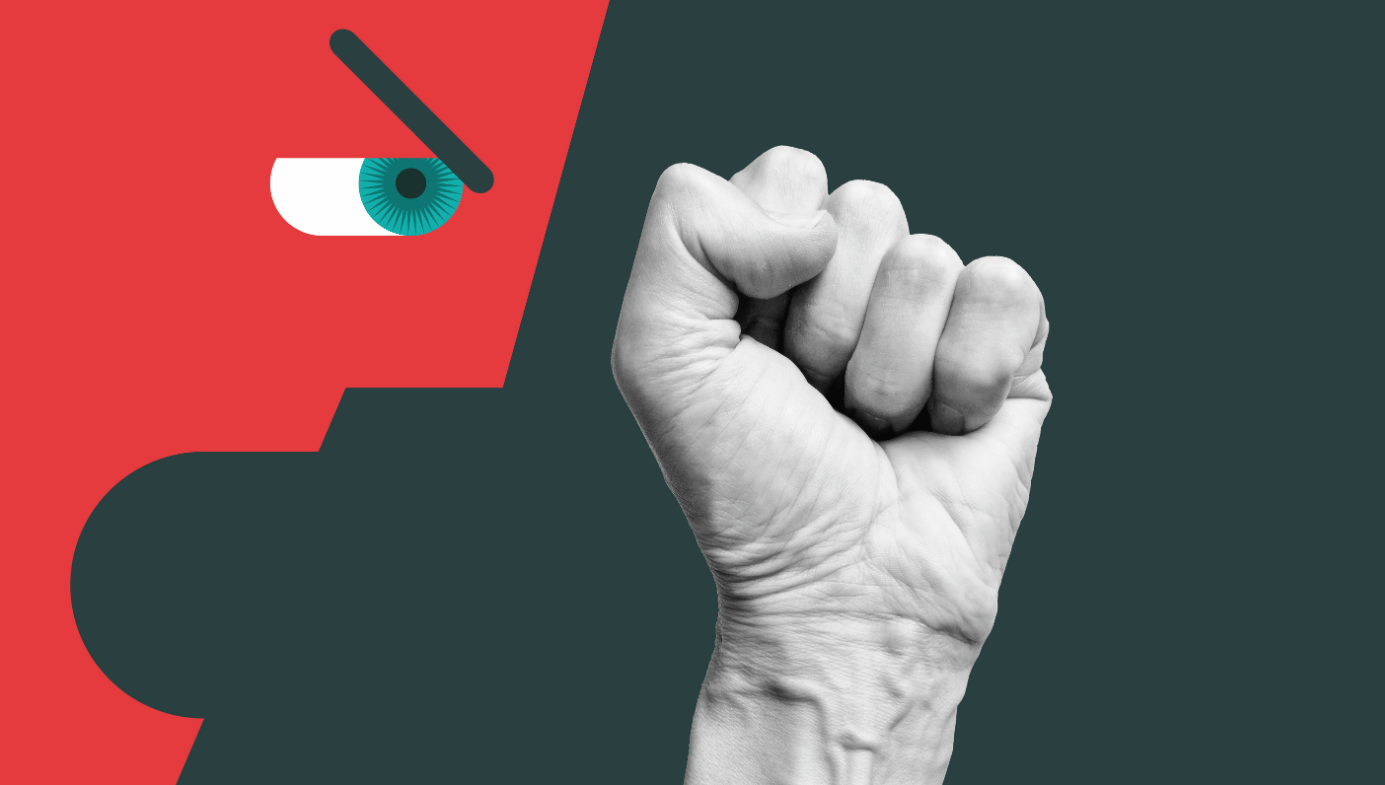Culture Wars
Civility Isn’t Weakness—It’s How We Win
A commitment to civility is first and foremost about not becoming what we oppose.

As the culture war continues to roil, partisans from across the political spectrum increasingly claim that the time for civility—if there ever was one—has passed. New York Post editor Sohrab Ahmari writes that conservatives should eschew civility in favor of an all-out brawl, arguing that “progressives understand that culture war means discrediting their opponents and weakening or destroying their institutions. Conservatives should approach the culture war with a similar realism. Civility and decency are secondary values.”
Former chairman of the Democratic Congressional Campaign Committee Steve Israel concurs. Inverting Michelle Obama's famous mantra “when they go low, we go high,” Israel asserts that when Republicans go low “you hit them on the head with a two-by-four.”
By “civility,” such critics usually mean passivity and obsequious politeness. They see advocates of civility as doormats for bullies, narcissistically preoccupied with being “nice.” To them, our pie-in-the-sky perspective will merely encourage the enemy to storm our gates.
These folks see our culture war as a zero-sum conflict in which every inch of ground ceded is a step towards annihilation and whichever side plays dirtier will have the advantage. In this conception, civility is akin to pacifism or non-violent resistance: high-minded and maybe even morally righteous, but ultimately naïve. Imposing restrictions on how our own side operates just means that we can't fight as effectively as our opponents. The more civil we are, they argue, the more likely we are to lose. And since the stakes are high—the culture war now implicates our political, media, academic, and social institutions, after all—this is not the time to give quarter.
This conception misunderstands the kind of civility we advocate. It does not involve sacrificing our moral convictions, pretending to believe things we know are not true, or allowing ourselves to be bullied. Far from it. A commitment to civility is first and foremost about not becoming what we oppose. If we sacrifice our principles when it is politically convenient, how can we claim to have ever truly held them? We must commit to the norms of civility that ground our social order because it is precisely those norms that we are fighting to preserve.
Critics assume that a display of hostility towards adversaries is a sign of strength and will help us rally supporters around our flag more effectively—but that's simply not true. In 2018, Stephen Hawkins, Daniel Yudkin, Miriam Juan-Torres, and Tim Dixon polled 8,000 respondents for a study called, "Hidden Tribes: A Study of America's Polarized Landscape." The researchers found that 67 percent of Americans belong to what they call the "Exhausted Majority." These men and women are "ideologically flexible," have complex views and open minds on a variety of topics, and tend to view political issues "without the lens of tribalism," which makes them more open to persuasion.
This 67 percent feel "fatigued by US politics today." As one 63-year-old respondent from Texas puts it, "We gotta meet in the middle, this entire country is based on compromise." Large majorities endorsed the statements "the people I agree with politically need to be willing to listen to others and compromise" (65 percent of the Exhausted Majority) and “we need to heal as a nation" (64 percent).
When we attack our political opponents’ characters and impugn their motives—even when we’re simply copying the tactics our adversaries are using against us—we alienate the Exhausted Majority. They conclude that we don't share their values: we’re not interested in listening or making compromises. The shriller our vituperation, the more we push away the unconverted. And the Exhausted Majority is right to distance themselves from us because such behavior communicates that gaining a cheap victory over the enemy is more important to us than improving society. And why should they favor us over our opponents if our rhetoric and tactics mirror the opposition’s so closely that it’s nearly impossible to tell the two sides apart?
The polarized intensity of social media can dupe us into thinking that politics is a battleground on which two highly partisan teams duke it out for the soul of our nation. But in fact, extremists of all stripes make up only a small proportion of the US population. Social justice warriors comprise a mere 8 percent of the electorate. Members of the far right make up just 6 percent. Politics is less like a battlefield than an open-air mall with two competing ice cream vendors. Some already know which ice cream they prefer, but two thirds of potential customers are still undecided. In this environment, whoever markets their products to the quiet majority—not with rage and insults, but with reason and compassion—is going to win more customers. That is how you build a coalition, and coalition building is how you enact change in a democratic system.
Appeals to civility aren’t merely virtue signals or appeals to sing “Kumbaya” with people who would destroy us if they had the chance. Civility itself is one of our core principles, and to protect it we must practice it even when it is most difficult. This means foregoing the instant gratification of vitriol for the longer-term goal of converting our enemies—otherwise, even if we destroy them, we will destroy ourselves in the process.





